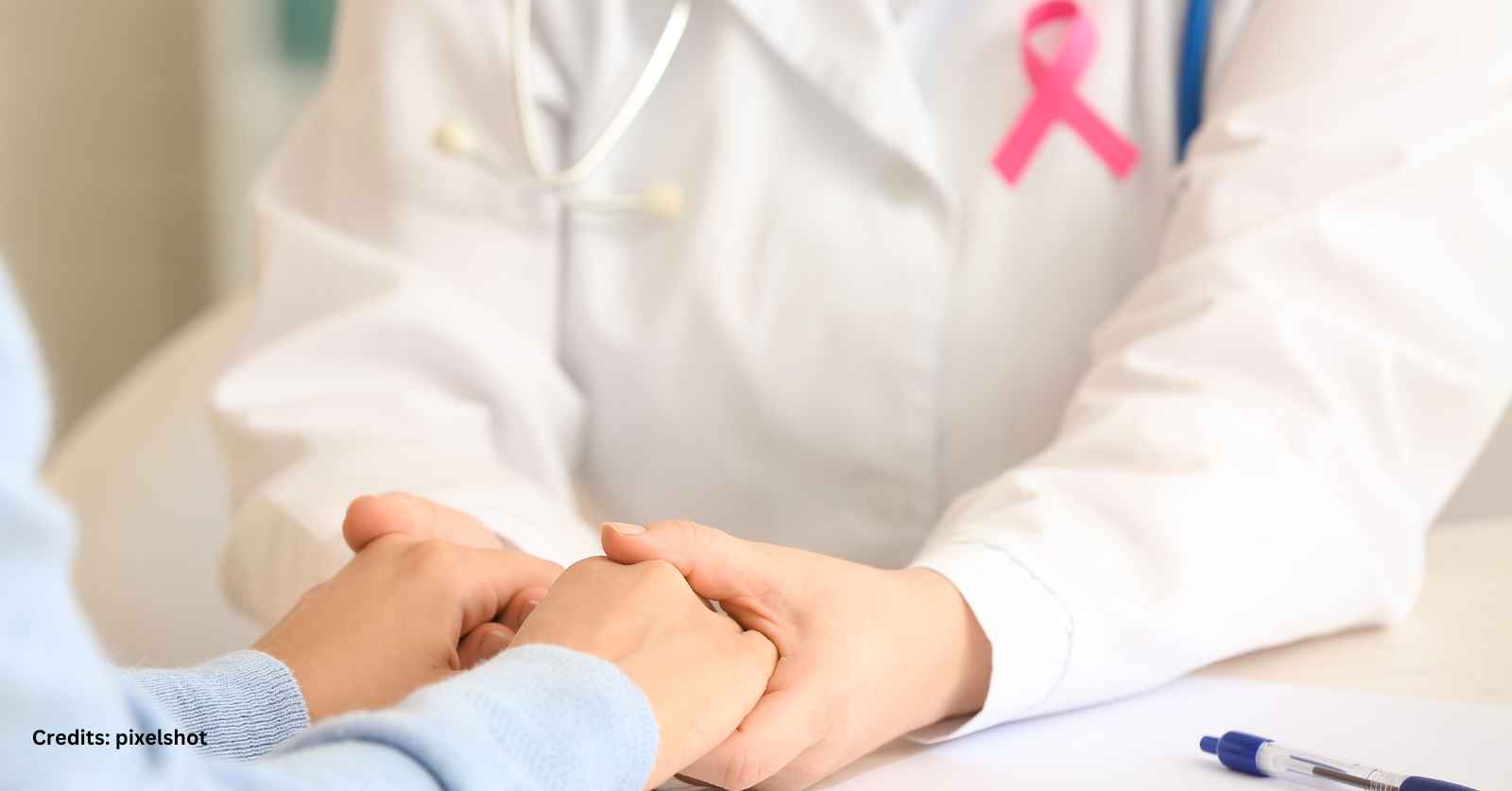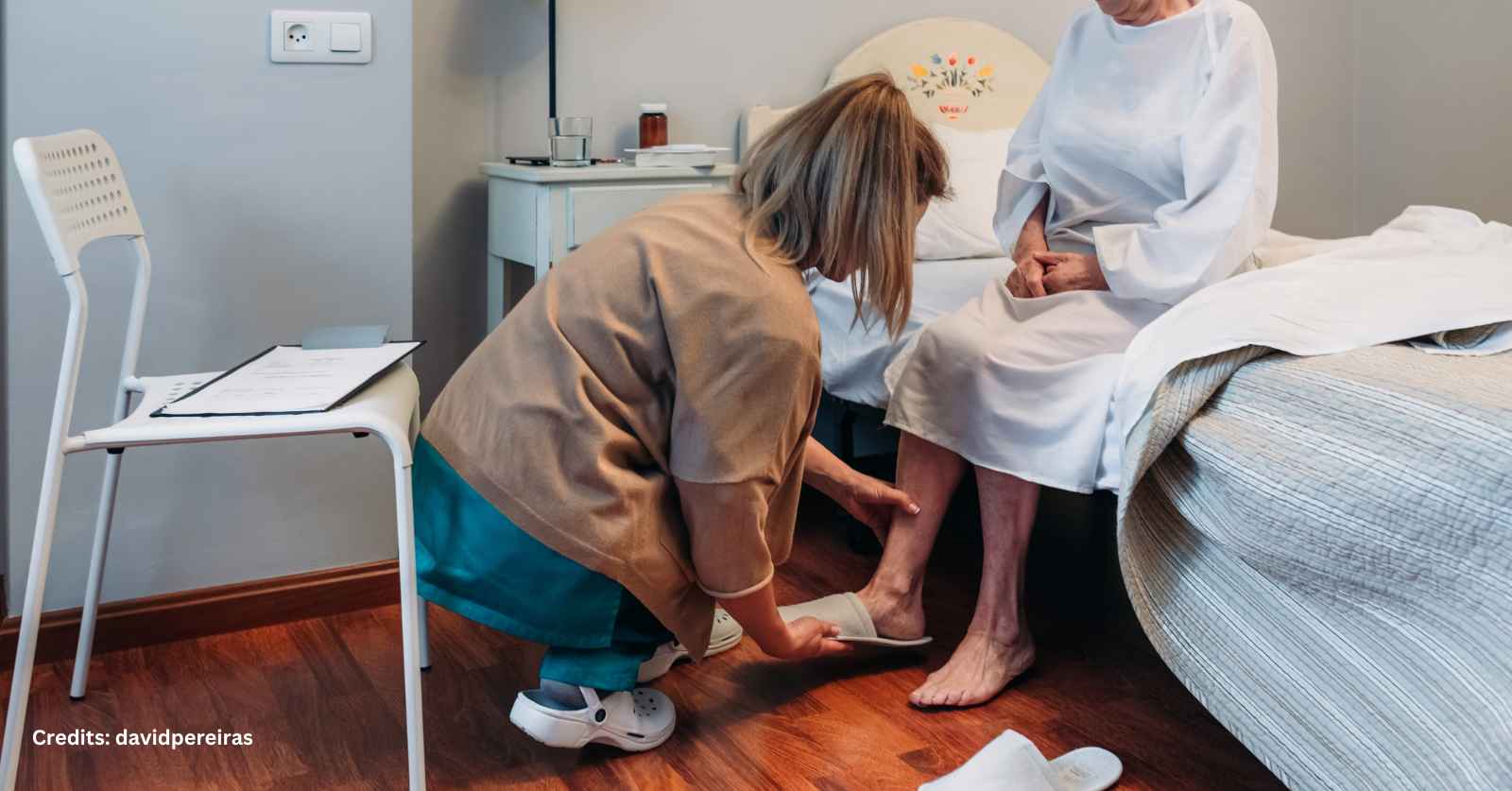According to the latest data from UNSW Sydney’s Kirby Institute, Australia is making significant strides towards eliminating HIV transmission, even amidst disruptions caused by the COVID-19 pandemic.
The data, which was released just ahead of the 12th IAS Conference on HIV Science hosted by the International AIDS Society in Brisbane, indicates that HIV diagnoses have halved in the country over the past decade, with 555 new diagnoses recorded in 2022.
Head of the Surveillance Innovation Research Group at the Kirby Institute Dr Skye McGregor expressed optimism about Australia’s progress.
“The 2022 data show that Australia is tracking well towards the elimination of HIV transmission.”
She highlighted the positive impact of prevention strategies, such as increased HIV testing, treatment as prevention, and pre-exposure prophylaxis, particularly among gay and bisexual men, where new diagnoses have been steadily declining since 2014.
Although the majority (57 per cent) of new HIV cases still occur among gay and bisexual men, the data reveals that this group has witnessed a 50 per cent reduction in diagnoses over the last decade. Heterosexuals accounted for 30 per cent of all diagnoses in 2022.
Dr McGregor emphasised the need for prevention strategies that encompass all populations, including heterosexual men and women, as COVID-19 restrictions ease and travel resumes. Safe sex travel campaigns and regular sexual health check-ups, including HIV testing, are essential to maintain progress.
While there were some small increases in the number of HIV diagnoses among heterosexual people, Aboriginal and Torres Strait Islander communities, and certain states and territories from 2021 to 2022, the researchers urged caution in interpreting these fluctuations. Dr McGregor attributed these changes, in part, to reduced HIV testing during the pandemic and a return to face-to-face healthcare and regular testing.
Concerningly, 44 per cent of HIV diagnoses in 2022 were classified as late, meaning the individuals may have unknowingly lived with HIV for four or more years, potentially experiencing HIV-related illnesses. Dr McGregor stressed the importance of regular sexual health checkups, including HIV testing, for sexually active individuals.
The Federal Minister for Health and Aged Care, Mark Butler, praised the data and reiterated the government’s commitment to work closely with community organisations and research centres like the Kirby Institute to maintain Australia’s leading position in HIV elimination.
Australia’s outstanding reductions in new HIV diagnoses among gay and bisexual men, a remarkable 57 per cent since 2013, underscore the success of comprehensive approaches to HIV prevention within this population. Professor Andrew Grulich, leading the HIV Epidemiology and Prevention Program at the Kirby Institute, credited community-led health promotion strategies and scientific discoveries like treatment as prevention (U = U) and PrEP for these achievements.
However, HIV diagnoses among Aboriginal and Torres Strait Islander people increased in 2022, with 25 new diagnoses. Robert Monaghan, Manager of Aboriginal and Torres Strait Islander Health Research at the Kirby Institute, emphasised the need for co-designed campaigns in partnership with local community organisations to focus on testing, treatment, and PrEP in this population.
The data released for IAS 2023 is a testament to Australia’s collective success in addressing HIV, and a full report with detailed analyses will follow in the coming months.
Ritchelle is a Content Producer for Healthcare Channel, Australia’s premier resource of information for healthcare.




























Upcoming Events
6th Annual Aged Care Week
June 25, 2025
Subscribe
We send emails,
but we do not spam
Join our mailing list to be on the front lines of healthcare , get exclusive content, and promos.